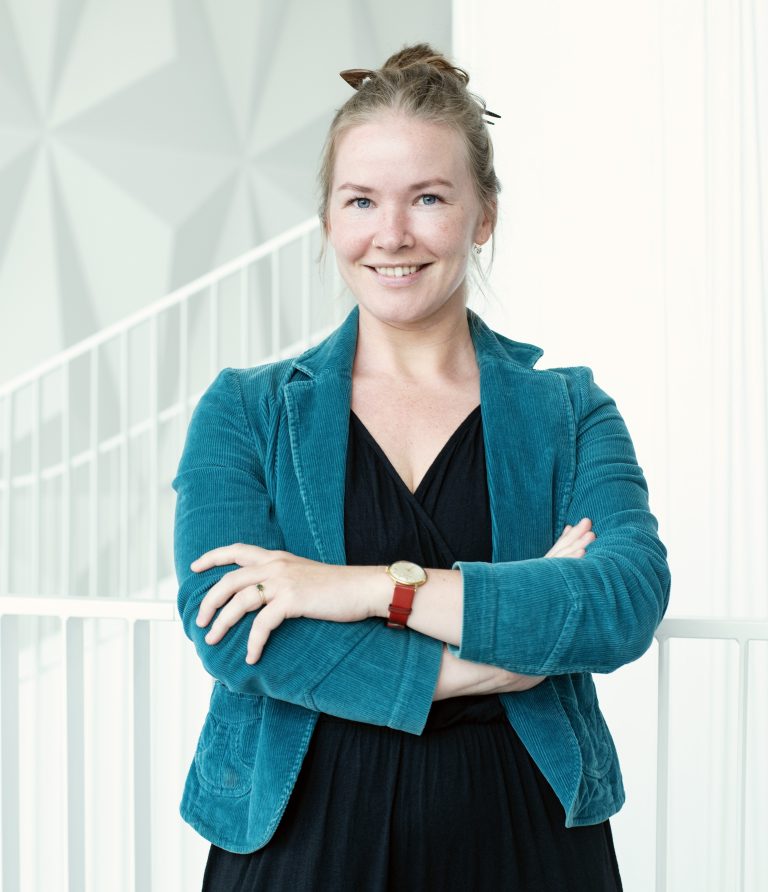Kurkime modernią Lietuvos ateitį kartu
RegistruotisMinistry of Economy and Innovation of the Republic of Lithuania
Incentivising reuse of electronics in the Lithuanian public sector
Problema
International context
According to the World Health Organization, e-waste is the fastest growing solid waste stream in the world, growing 3 times faster than the world’s population. The United Nations (UN) call this phenomenon an e-waste tsunami. According to the UN 2024 Electronics Waste Monitoring Report, e-waste is growing five times faster than recycling capacity. The UN calls for encouraging longer use of e-waste through repair and refurbishment.
The European Commission’s (EC) study on consumer habits shows that a high proportion of consumers tend to replace appliances early. For example, smartphones are replaced on average after 1.7 years of use, when the product is designed to last 7 years, laptops after 4 of 7 years of possible use.
But consumer habits are slowly changing. Demand for refurbished electronics has increased by 10% in the EU between 2020 and 2021, 15% worldwide, around 30% of phones sold in France today are refurbished. Since 2021, 20% of computers and phones purchased in French public procurement must be reused or refurbished.
Lithuania
According to the European Environment Agency, as Lithuania’s population declines, the amount of waste generated increases in line with GDP growth. According to the research institute Global Footprint Network, Lithuania’s Earth Overshoot Day in 2024 was March 26, 16th country out of 126 that has used up all its land resources since the beginning of the year.
Lithuania’s National Climate Change Management Agenda sets a target for Lithuania’s economy to become circular and climate neutral by 2050. According to the EC and OECD, Lithuania’s circularity index in 2020 was 4.4%, almost three times lower than the EU average. According to the OECD, in order to meet the circularity targets, Lithuania should strengthen its progress in waste reuse and material recovery.
The Lithuanian public sector is the main consumer of the state, spending around 13% of GDP annually. There is a general trend towards increased spending on the public sector’s electronic equipment procurement. In 2021, €35 million was spent on radio, television, communications and telecommunications and related equipment in public procurement, €61 million in 2022 and €63 million in 2023.
The reuse of electronics in the public sector has multiple benefits, saving public money and land resources, and demonstrating national leadership in developing circular consumption habits. However, the current procedures for the use and write-off of public assets do not pay enough attention to re-use.
Tikslas
The aim of the project is to promote the reuse of electronics in the public sector by identifying and expanding opportunities for prioritising the reuse of electronics in the acquisition, use and disposal of assets.
Projekto eiga
2024/04/18
Analysis of the current situation
2024/05/09
Analysis of good practices
2024/06/21
Public sector electronics map
2024/09/04
Recommendation guidelines: re-use of electronics in the public sector
Rezultatas

